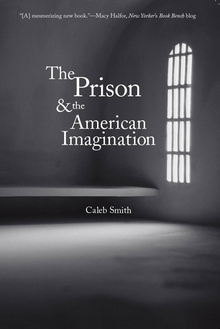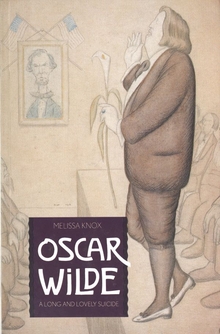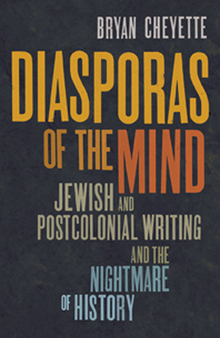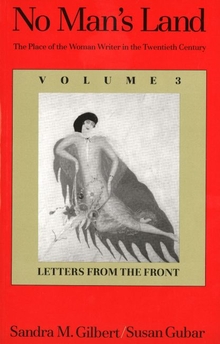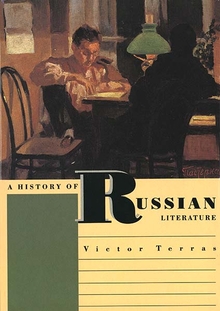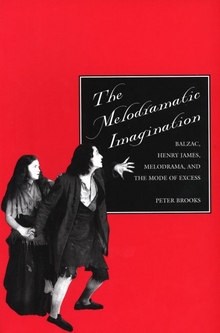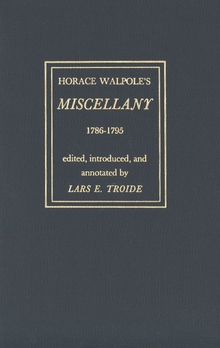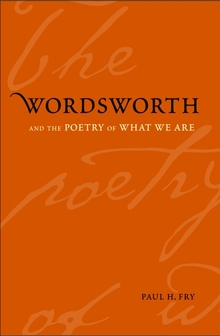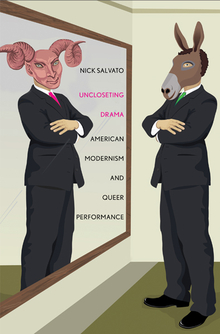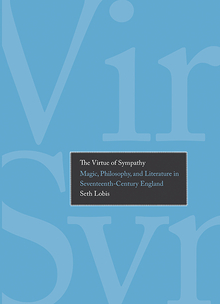The Prison and the American Imagination
WARNING
You are viewing an older version of the Yalebooks website. Please visit out new website with more updated information and a better user experience: https://www.yalebooks.com
Caleb Smith
How did a nation so famously associated with freedom become internationally identified with imprisonment? After the scandals of Abu Ghraib and Guantanamo Bay, and in the midst of a dramatically escalating prison population, the question is particularly urgent. In this timely, provocative study, Caleb Smith argues that the dehumanization inherent in captivity has always been at the heart of American civil society.
Exploring legal, political, and literary texts—including the works of Dickinson, Melville, and Emerson—Smith shows how alienation and self-reliance, social death and spiritual rebirth, torture and penitence came together in the prison, a scene for the portrayal of both gothic nightmares and romantic dreams. Demonstrating how the “cellular soul” has endured since the antebellum age, The Prison and the American Imagination offers a passionate and haunting critique of the very idea of solitude in American life.
“Smith’s book is remarkably inventive and wide-ranging with its close interweaving of literature and history, its refusal to rely slavishly on Foucault, its close reading, and its refreshingly lucid style.”—Terry Eagleton
“There is no book on literary culture and the ideology of the prison that even approaches this one in terms of historical range and subtlety of argument.”—Benjamin Reiss, Emory University
“Through this wonderfully rich historical and literary study, Caleb Smith peers into the heart of the U.S. national imaginary and finds there the prison, with its logics of solitude, captivity, confinement, and mortification.”—Michael Hardt, Duke University
Publication Date: April 26, 2011
4 b/w illus.

